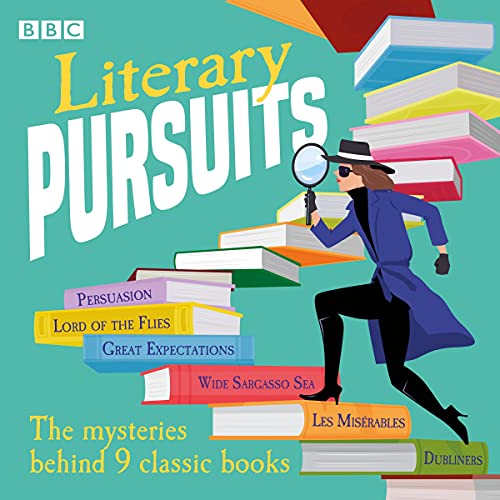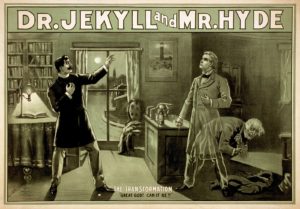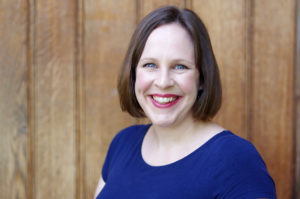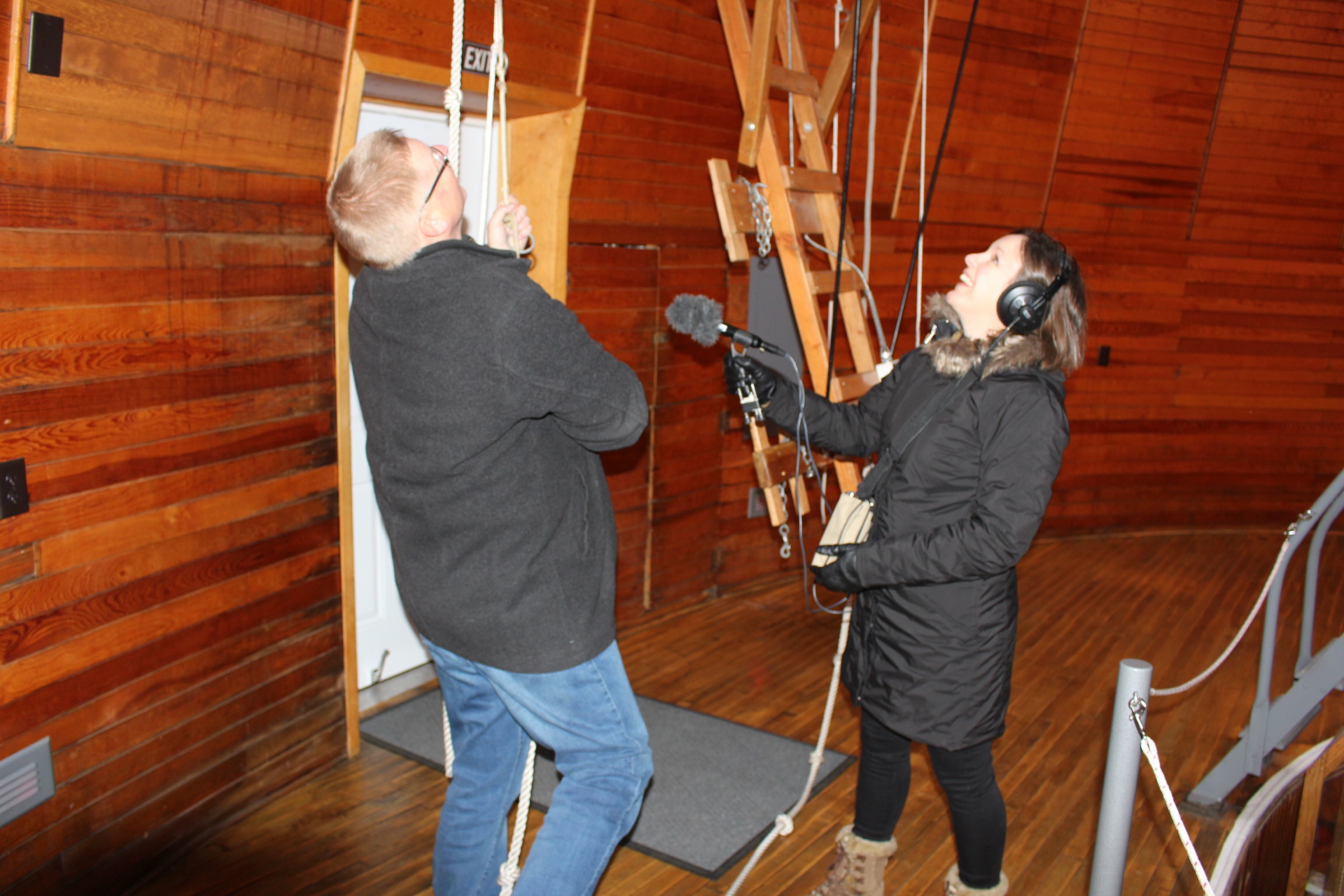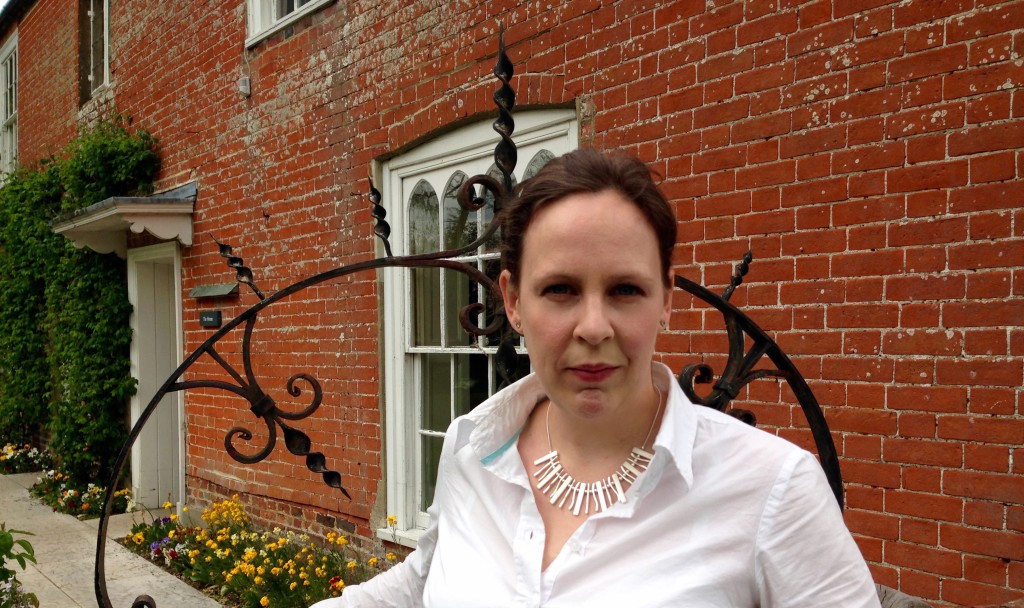
On location outside Charles Dickens’ country house, Gad’s Hill Place, Kent.
My scholarship and my creativity have been put to a new test over the past 6 months as I’ve been making the first two episodes in my new Sunday Feature Series for BBC Radio 3: Literary Pursuits. I think radio and television confront a real challenge when it comes to literary broadcasting – how do you avoid succumbing to the cult of the author and actually stay in contact with what people really love and want to hear and know about: the text?
Academically, I was schooled in Cambridge practical criticism and poststructuralist literary theory – a not incongruous combination since both approaches hold that the text alone is a sufficient object of study, that the words on the page, if paid close enough attention to, tell you everything you might want to know. Of course, these are just two schools of thought amongst the many approaches one finds in academic literary criticism: historicism places the text within its cultural context of production; biographic criticism reads it via its connection with the author’s own life; the study of material texts looks at what we can learn from the physical histories of texts as they move from the first handwritten jottings, through annotated typescripts to final published versions (with many stages in between). If you were to pick up any introduction to literary criticism and theory, you might be forgiven for thinking that these approaches are mutually exclusive, that never the twain shall meet. But as I’ve moved further along in my career, I’ve realised that some of the most powerful literary criticism combines two or more of these approaches. That all of them alone, but more so in combination, can open up works of literature in revelatory ways.
Having come to that conclusion in my academic work, I was delighted to be given the opportunity to try out this idea in broadcasting. What would a radio programme look like if it, too, combined these seemingly different approaches to texts? Could we take a great work of literature and weave together close attention to the themes as well as to the style, form and technique, with investigation into the author’s life and times, and archival research into the book’s textual history? Yes, I thought we could, but how could we do all that and meet the cardinal rule of radio broadcasting – telling a good story?
That’s where the genius of my producer came in – we would turn it into a detective story. So that’s just what we did. In my Literary Pursuits episodes I start with a mystery that I want to solve: in the first, it is why did Charles Dickens change the ending of Great Expectations, right at the last minute?; in the second, it is why does it take nearly a quarter of a century for Jean Rhys to publish Wide Sargasso Sea? Each of these mysteries sets me off on a quest to find out the story behind the story, to follow the clues to discover how great works of literature were written. And of course, those clues are thematic, stylistic, biographical, historical, material and more – all of these diverse literary critical methodologies become my investigative tools, and all are needed to solve the textual mystery.
I have learnt so much over the past six months, about the joys of working closely, creatively and collaboratively with a brilliant producer, but also about these two works of literature which I thought I already knew so well. The Great Expectations episode was picked out as a choice of the day for Sunday in this week’s Radio Times, and the Series is featuring in the radio review section of The Times on Saturday. So it definitely seems to have caught the imagination of some journalists out there. When it’s broadcast, I hope it brings as much pleasure and knowledge to its listeners as I had and gained making it.
The new page for the Series is here, where you can also listen back to episodes via the BBC iplayer if you miss the first broadcasts. It begins with Great Expectations on Sunday 10th January, followed by Wide Sargasso Sea on the 17th. Enjoy!
